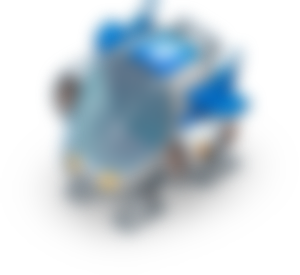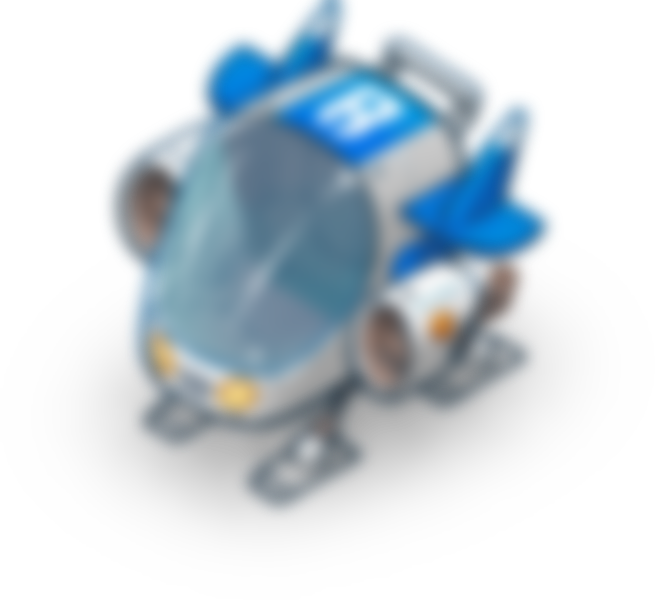Japanese exchange Coincheck to list fan tokens by Chiliz and Socios

Japanese cryptocurrency exchange Coincheck has partnered with major global fan token makers, Chiliz and Socios, Cointelegraph Japan reports.
As part of the new partnership, Coincheck will list Chiliz and Socios’ fan tokens on Coincheck’s non-fungible token, or NFT, marketplace, the company announced Monday.
Coincheck originally announced that it was considering launching an NFT platform in August 2020. According to the latest announcement, Coincheck’s platform has already listed several NFTs for five popular games and gained exposure to over 2.2 million users.
Coincheck’s executive director Kensuke Amo said that the new partnership with Chiliz intends to bring more opportunities for local sports fans. “Japanese users will have the opportunity to get to know Chiliz and get closer to some of the biggest sporting organizations in the world by purchasing Socios.com NFTs on Coincheck’s NFT marketplace,” Amo said.
Chiliz and Socios CEO Alexandre Dreyfus noted that the partnership will allow Japanese users to own assets linked to some of world’s biggest clubs like FC Barcelona and Juventus. The new collaboration comes in line with Chiliz and Socios’ global expansion and NFT plans in 2021 he said, adding:
“We’re really focused on NFTs in 2021 and have the potential to launch them with every single one of our partners. We’ll also be looking to give them a certain utility — for instance the chance to redeem rewards linked to the particular club,”
Chiliz and Socios are major industry platforms known for launching fan tokens with popular global soccer clubs like FC Barcelona, Juventus and Paris Saint-Germain. The firms listed their fan tokens on major global exchanges including the world’s largest crypto exchange, Binance. Chiliz and Socios generated $30 million for clubs and partners globally over the past 12 months.
Axie Infinity escapes Ethereum gas fees as Ronin sidechain goes live

Pokemon-inspired blockchain game Axie Infinity has announced that its long-touted Ethereum sidechain, Ronin, has gone live.
Developer Sky Mavis developed the sidechain to ease the pressure of Ethereum network congestion and gas fees on players.
The Axie community has grown exponentially over the past year, and Sky Mavis described operating on the Ethereum mainnet as “a bit like training inside the hyperbolic time chamber”; a reference to the popular DragonBall universe.
The explosion of decentralized finance, or DeFi, last year saw the Ethereum blockchain struggle to scale, causing delays to transactions and sky-high gas fees. While the move to Eth2.0 and proof of stake took a big step forward in December as the Genesis block of the beacon chain winked into existence, the eventual benefits that this will bring to scaling are still some way off.
The first stage of the migration will see land and items transferred to Ronin, and to incentivize this, early adopters will receive a limited land item, the R0N1N-21. Ether (ETH) deposits and withdrawals have already been enabled.
Users need to install a new Ronin browser extension for Chrome/Firefox, which is designed to work alongside MetaMask. Hardware wallet support is planned for the next few weeks.
Stage two of the migration will continue with staking mechanisms, token claiming, and breeding contracts replicated on the sidechain. Finally the Axies themselves will be migrated to the new chain.
In December, Cointelegraph conducted an interview with one of the game’s nonfungible tokens, a social media-managed Axie named Axia, which was disappointed at having been sold for a mere $97,000.
Microsoft uses blockchain technology to purchase soil carbon credits in Australia

Microsoft has employed blockchain technology to purchase soil carbon credits in Australia. In combination with Regen Network — built on the Cosmos blockchain — the CarbonPlus Grassland credits were initially issued to two ranches in New South Wales.
The carbon credits are used as a measure of soil sequestration, which is the process of capturing atmospheric carbon dioxide and storing it in soil. This is achieved through Regen Network’s remote sensing technology and is also said to help monitor animal welfare, soil health and general ecosystem health.
A total of 43,338 metric tons worth of carbon credits were issued to Wilmot Cattle Co in an initiative prompted by natural capital firm Impact AG before Microsoft purchased it. The Wilmot ranchers have reportedly increased the concentration of soil organic carbon on their lands up to 4.5%, achieved through managed grazing practices. The ideal concentration of soil organic carbon is said to be 4% to 6%.
Microsoft announced in 2020 that it would seek to cut its carbon footprint to zero by the year 2030. What’s more, Microsoft also aims to eliminate a volume of carbon equal to that which it has been responsible for producing since commencing operations in 1975.
Regen Network CEO Christian Shearer celebrated the initiative, adding that it inspired hope in the concept of natural approaches to combating climate change.
“Our work with Impact Ag and Wilmot Cattle Co makes us more hopeful than ever that agricultural and nature-based solutions to climate change are not only real, but have the potential to rapidly sequester carbon and build resiliency into our food systems,” said Shearer, adding, “The scale at which Microsoft is purchasing carbon credits should give us all hope that business can and will be a catalyst for change.”


